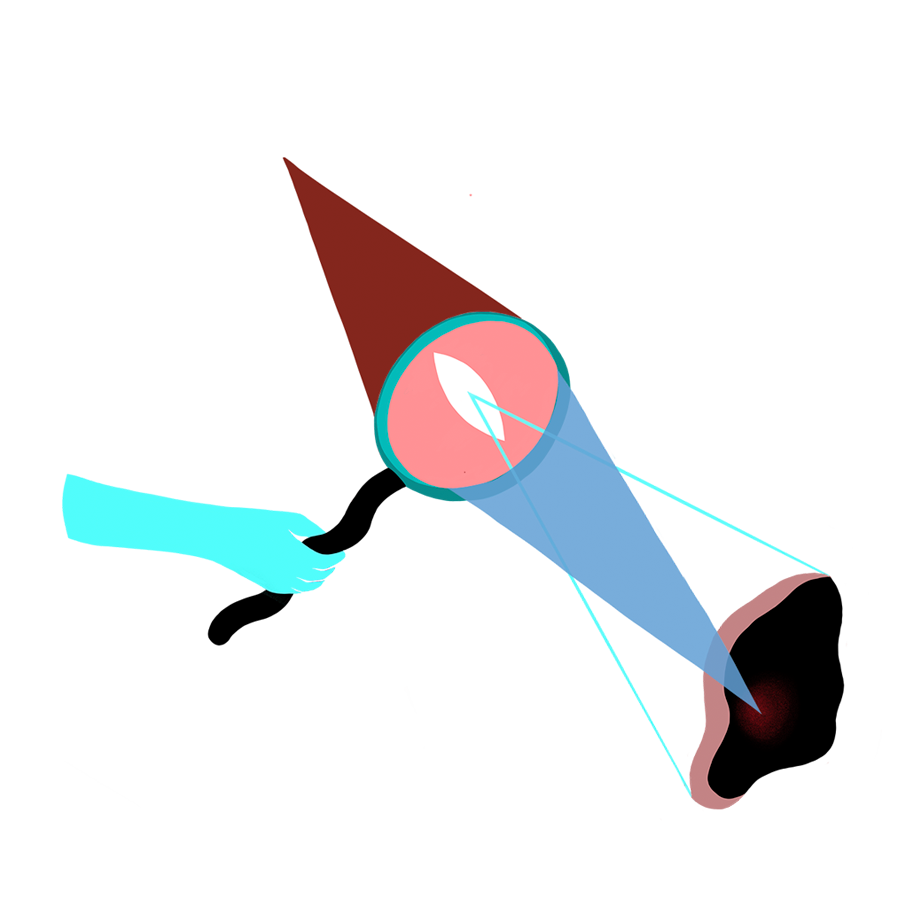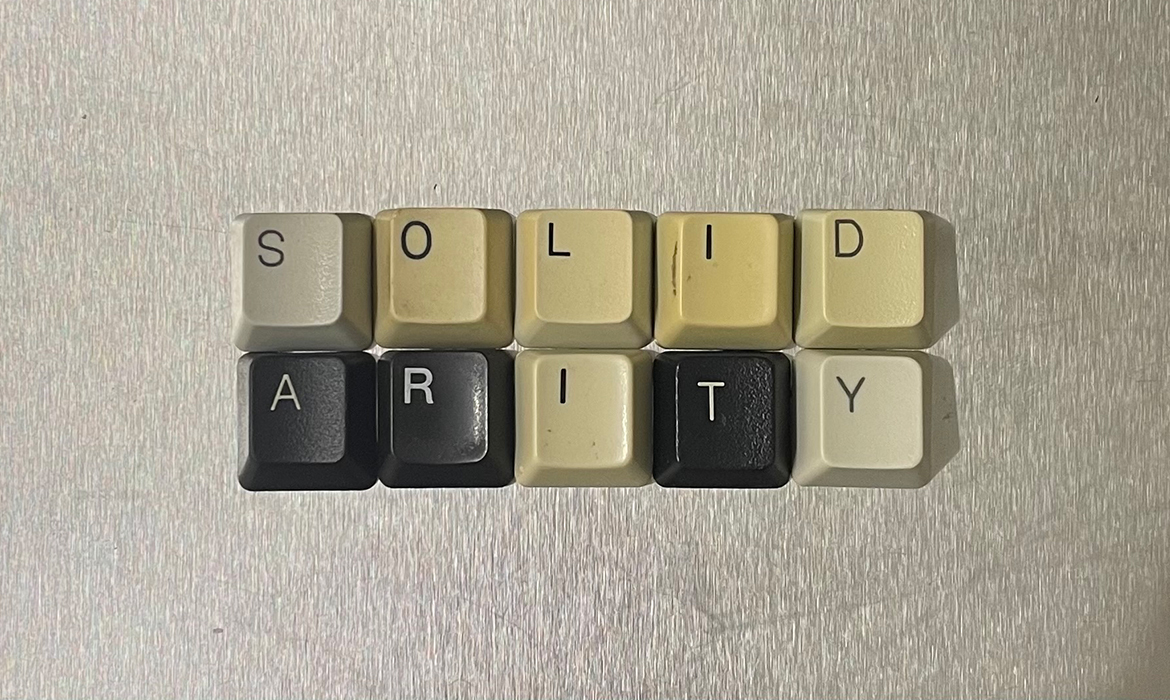Due to changing historical, cultural, political and economic factors, not all Europeans can cooperate within Europe in the same way (presenting, for example, German work in France is easy because of institutional support, while presenting work from Albania in Croatia is almost impossible, due to lack of institutional support).
prototypes





